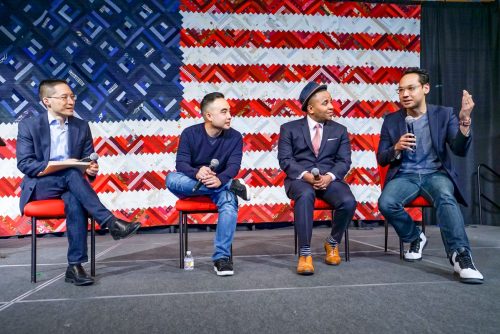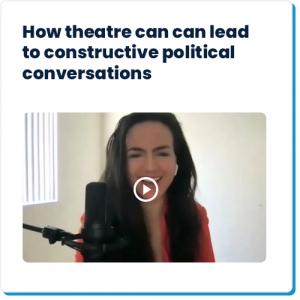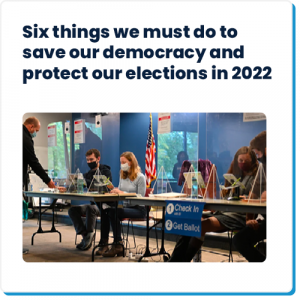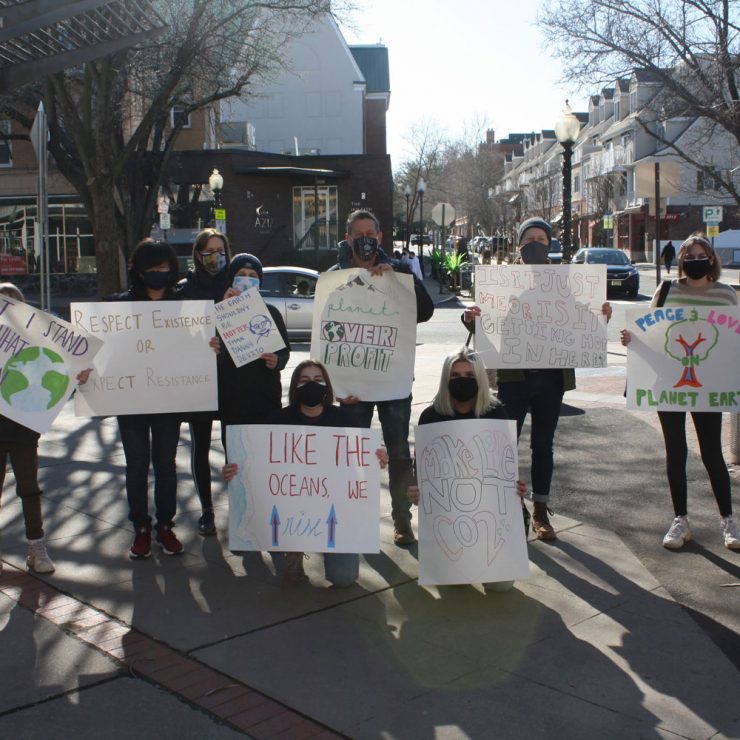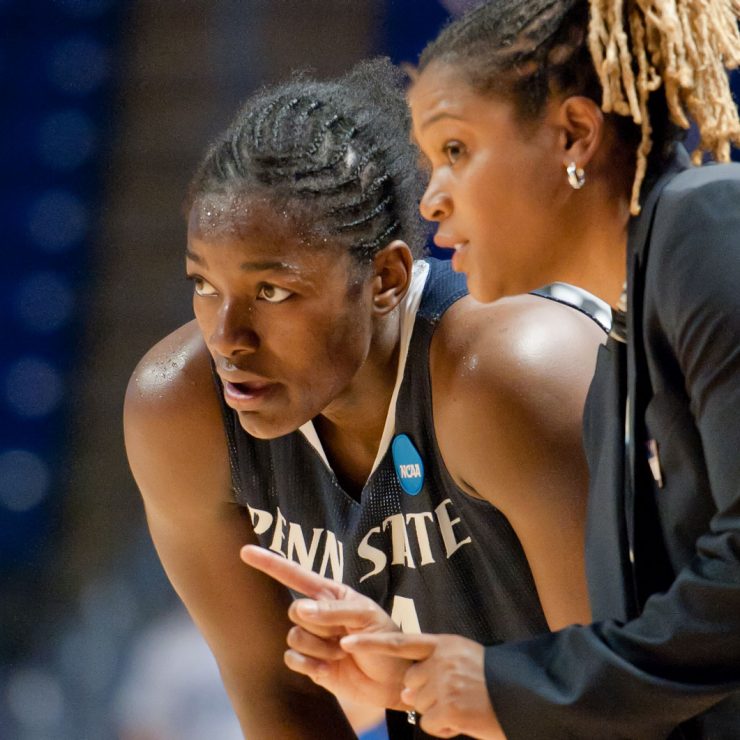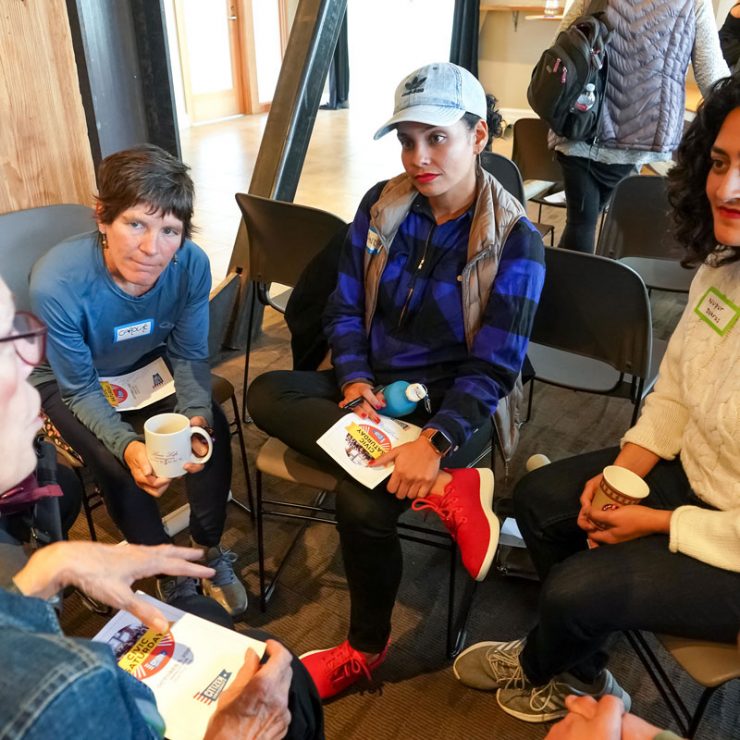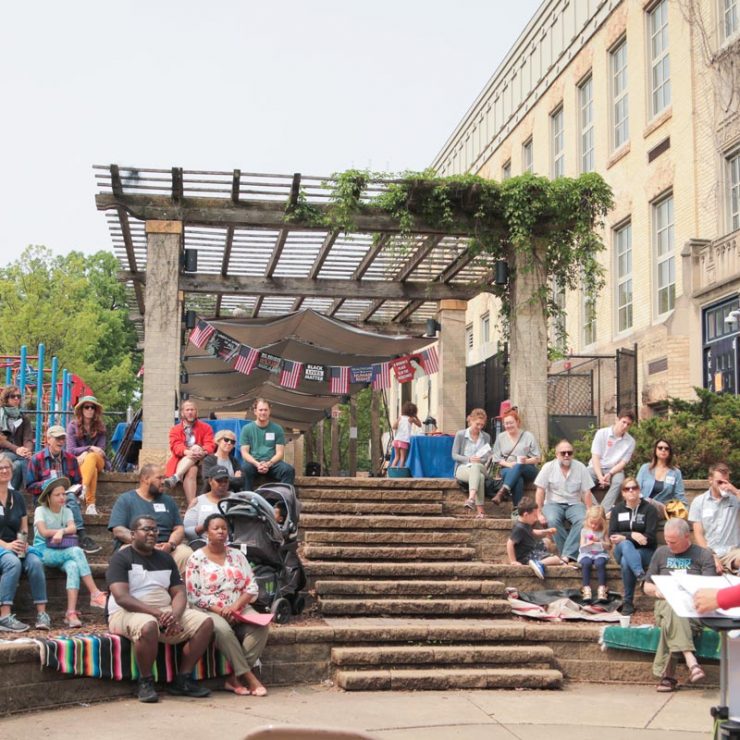To see the promise of America and work with others to make it a reality, in spite of the challenges — that’s what it means to be a civic catalyst.
Or, in the words of one of our Youth Collaboratory alumni,” Civic catalysts cultivate community spaces that help others see their own power to make change and start identifying as powerful, responsible citizens. They organize their family, friends, neighbors to build bottom-up power and influence the future of their own lives and the world around them.”
And the good news is that you don’t have to do this alone. There are others who also want to wrestle with what it means to fight for what you believe in, while humanizing and listening to people with different backgrounds and beliefs. Others who want to lean into conversations and open hearted reflections. Others who want to reckon with complexity — like sitting with this question from our friend Courtney Martin: What have you learned about your capacity for uncertainty?
This is hard work, but sometimes we have to just dive in. Here are six ways you can be a civic catalyst in your community…
1. Bridge gaps like Carmina.
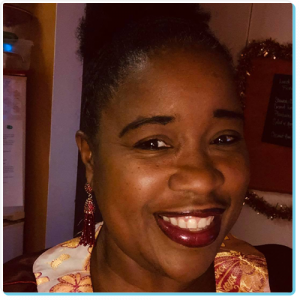 Carmina Taylor is a super-catayst. She’s not only participated in two CU programs, she lives and breathes powerful, responsible citizenship. Carmina is weaving together the immense diversity of her home state of Pennsylvania by adapting what she learned in our programs.
Carmina Taylor is a super-catayst. She’s not only participated in two CU programs, she lives and breathes powerful, responsible citizenship. Carmina is weaving together the immense diversity of her home state of Pennsylvania by adapting what she learned in our programs.
In a recent conversation, Eric Liu shared some lessons we can learn from Carmina on healing divides.
“Carmina began to take it upon herself to start bridging these different gaps. And she is now planning a state-wide road show, basically, of Civic Saturday gatherings, which are these gatherings that we’ve been helping to catalyze around the country. And in each place across the state of Pennsylvania, she’s intentionally inviting people across lines of race, class, urban, rural, political ideology.
She’s doing this not by treating it like bureaucracy, not by treating it like she’s the savior, but simply with a spirit of humble invitation. You know, reviving a sense of hope and civic life is not going to be a thing that a president or a governor or a political leader is going to be able to do for us. This has to emerge from the inside out, from the middle out, from the bottom up in our society.”
2. Be an artful gatherer.
This excerpt from Priya Parker’s newsletter gives us some encouraging direction for how we can practice intentional gathering.
An artful gatherer is someone who is able to create meaning and connection with and for their people, one gathering at a time.
The first skill to practice as an artful gatherer is to simply observe. This week, think about the gatherings you attend regularly and occasionally, big or small, virtual or in-person. Work meetings. Happy hours. PTA. Group workouts. Book clubs. Dinner parties. Birthdays. Retreats. Fundraisers. Even family dinners. Observe how your people interact.
Ask yourself these questions to guide your observations. (If you want to take it a step further, write down your observations, so you can return to them later.)
- What’s the focus of this gathering?
- Who’s in this group?
- What do you look forward to in this group, if anything?
- What could be improved?
- What do you need from this group?
- What does someone else need that they might not be getting?
3. Start a discussion group.
Bringing people together to learn together, cross-pollinate, and swap perspectives is a powerful antidote to polarization and pessimism. What would it look like to carve out intentional time each week or month to find productive, healthy ways to talk about citizenship and democracy?
Check out the robust, civic articles of The Fulcrum. Here are a few previews…
 “Historical patterns suggest that it is far better to have faith that this political darkness will end. But faith without works is not enough. Freedom from slavery, the minimum wage, and votes for women, were only won after years of organizing, resistance and activism.”
“Historical patterns suggest that it is far better to have faith that this political darkness will end. But faith without works is not enough. Freedom from slavery, the minimum wage, and votes for women, were only won after years of organizing, resistance and activism.”
~ Dr. Susan Burgess in Keep the faith.
4. Combat loneliness.
This one’s for Gen Z. (So share it with the young people in your life!)
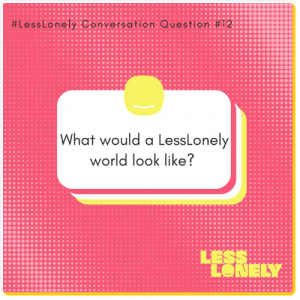 Social media can really perpetuate loneliness — but it also can heal it. A new initiative called #LessLonely is seeking young people who are content creators and want to have a hand in deepening connection and destigmatizing loneliness.
Social media can really perpetuate loneliness — but it also can heal it. A new initiative called #LessLonely is seeking young people who are content creators and want to have a hand in deepening connection and destigmatizing loneliness.
The #LessLonely Creator Network will empower young people who want to create online content, no matter your previous experience.
You’ll have a virtual community and access to tools, training, creative opportunities, and compensation. Help your community be #LessLonely!
5. Expand your educator civic skills.
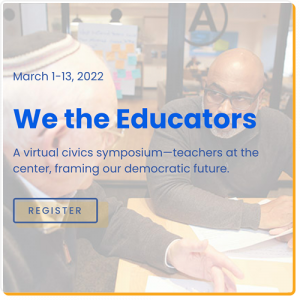 Our friends at Civic Spirit have their second We the Educators virtual civics symposium coming up. It’s a chance for you to explore nuanced ways to teach the American story and the possibility of a unifying national narrative.
Our friends at Civic Spirit have their second We the Educators virtual civics symposium coming up. It’s a chance for you to explore nuanced ways to teach the American story and the possibility of a unifying national narrative.
The symposium is fully subsidized, and participants will receive a $100 stipend towards civic learning resources. Sessions will be offered between March 1-13.
6. Join a club. Or even better, start one.
If you added “join a gym and get in shape” to your list of new year’s resolutions, how about adding the civic equivalent? When we join and practice, we’re strengthening our muscles for participating like full citizens.
“We’ve gotten to this place we’re in now because of a multi-decade atrophying of citizen muscles,” said our CEO Eric Liu. “We have a democratic culture that has gotten out of shape. People haven’t made the commitment to organize themselves and others, to formulate their thoughts in public, to be proactive in persuading and listening to different points of view. When you join a club and have to practice being face to face, that’s irreplaceable work.”
What would you add to this list? Tag us on Instagram, Facebook, or Twitter with your ideas!
